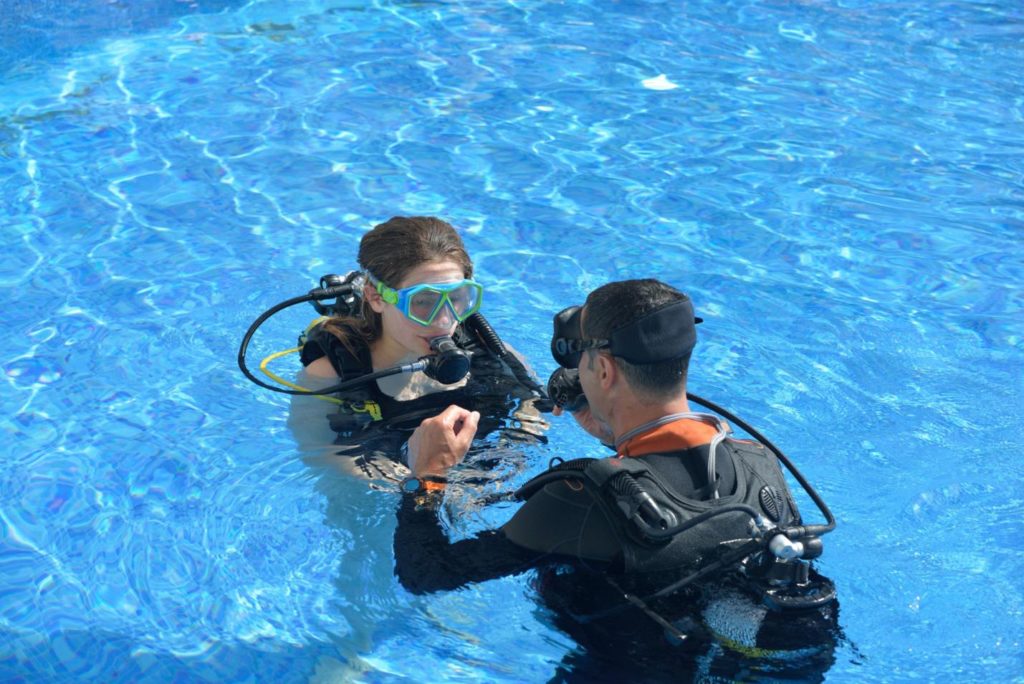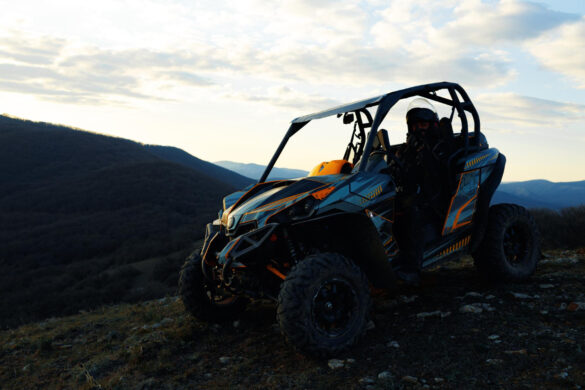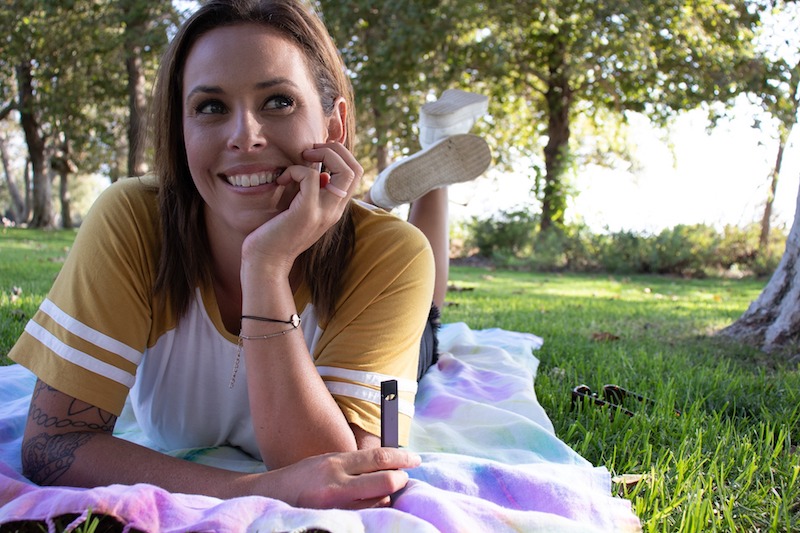
Approximately 71% of the earth is covered by water. Therefore, it is not a surprise there are 6 million active scuba divers worldwide exploring the underwater environment.
If you are interested in learning to scuba dive and are ready to take your first trip, read on. Below are the basics for scuba diving for beginners.
7 Key Tips for Scuba Diving for Beginners
Scuba diving can seem intimidating. There is a significant amount of equipment. You are breathing underwater, but we are not fish. Oh, and there is all the wonderful underwater wildlife.
It doesn’t matter why you want to learn to dive, but there are some things to consider before you jump into the “pool”.
1. Get Certified
Scuba diving isn’t hard, but there are some things you need to know before you go on our first dive.
Many resorts offer certification courses that you can take as part of your vacation. But do your research ahead of time. You want the shop to be associated with a national scuba diving organization. There are several PADI, NAUI, and SDI are some of the biggest.
What Kind of Certification do You Want?
Everyone starts with an “Open Water Diver” certification but there are other options after you achieve the first level. It depends on what you want to see and where you will dive.
Don’t stop after your first certification, there are many you can
Listen to Your Instructor and Ask Questions
Your divemaster (dive instructor) is the most important person as you learn to dive. They will give you all the information you need to learn to dive safely. If you have questions, ask them.
2. Check Your Gear Every Time You Dive
You should get in the habit of checking your gear every time you dive. You are counting on this to keep you safe underwater. After your dive, be sure to rinse all of your gear thoroughly.
Don’t Rush Out and Buy Gear
Scuba gear is expensive so don’t rush out and purchase everything right away. You will want to make sure you have your own mask, snorkel, and fins. You may also want to buy your own wetsuit or drysuit.
You should decide wetsuit vs dry suit based on where you will do most of your dives. Wetsuits are for warmer water, drysuits are for colder waters and require additional training to use.
Wait to buy the rest of your equipment until you have a better idea of what you like. You can rent gear at almost every dive site around the world. Explore all the options, then buy what works for you.
3. Plan Your Dive and Dive Your Plan
Diving is a safe sport, but you need to plan your dives. You should dive your deepest dive first, then move to shallow water.
Dive with a Buddy and Discuss Your Plan
During your training, you will learn the importance of having a buddy and how to address issues, together, underwater. Make sure you and your buddy have a plan and clear message for when you will end the dive.
Never dive alone.
4. Avoid Alchohol and Drink Lots of Water
Alcohol dehydrates you, it also impairs your ability to make decisions. It is best to avoid alcohol when you are diving.
Diving, itself, also dehydrates you. Be sure to drink plenty of water when you are on dive trips.
5. Never Hold Your Breath
Most kids have had a competition for who can hold their breath the longest. Skin divers hold their breath for long periods of time.
For scuba divers, never hold your breath. This is the first rule of diving.
Breath Slowly
Everything done underwater should be done slowly. When you slow your breathing, you reduce anxiety and allow yourself to stay underwater longer.
We consider diving a slow man’s sport. It is not about going fast but slowing down and seeing the wonders of the underwater world.
A final note on speed and safety, never surface faster than your bubbles.
6. Respect the Underwater World
When you are diving you need to respect your environment. Take only pictures and leave only bubbles. Do not take anything from the sea.
Make sure you maintain neutral buoyancy so that you don’t hit fragile coral and destroy it.
It is ok to pick up trash if you see it.
Respect Marine Wild Life
Just like with any animal if you provoke it, it will attack. Sharks are typically really leary of divers and keep their distance.
There are other marine wildlife to avoid. Red Fire Coral can give you a nasty sting, so avoid anything brightly colored under the water.
Lionfish are also invasive in some places and have venomous spikes. Look at everything from a distance and don’t chase or back animals into corners to get a great picture.
7. Keep Your Dive Logbook Up To Date
You should log all of your dives, including the details. It helps you to see your progress.
Your logbook also provides documentation of how much weight you needed and if there were problems. Knowing this, and referring back to it, will help to improve future dives.
Scuba diving is an amazing sport available to individuals of all ages. It requires specialized training. But with the right preparation, the sport is safe and enjoyed by many.
Are You Ready to Step Out and Experience the Strange in the World?
Now that you have the basic scuba diving for beginners, will you give this sport a try? Are you more interested in Heli-Skiing?
We have a large, strange world out there and we are all about sharing it with everyone. Follow us and embrace the weird.









